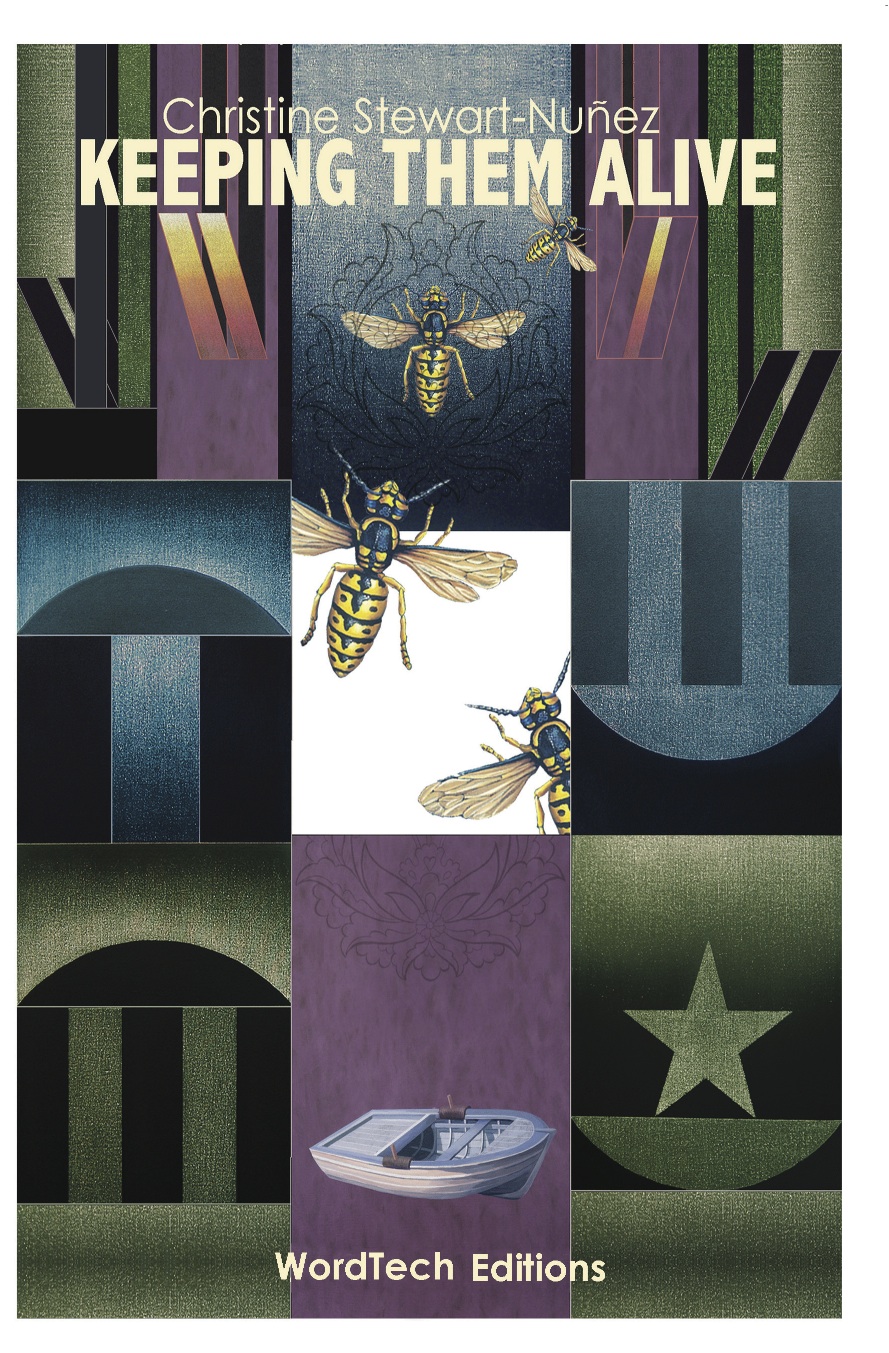I’ve had a busy six months, but I’m hoping to get back to this blog. I’ll start with a list a resources… I’ve seen several posts on Facebook discussion boards about the difficulty in finding material about Landau-Kleffner Syndrome.
ARTICLES:
Ballaban-Gil, K. & Tuchman, R. (2000). Epilepsy and epileptiform EEG: Association
with autism and language disorder. Mental Retardation and Developmental Disabilities Research Reviews, 6, 300-308.
Harrison, M. (2000). Landau-Kleffner syndrome: Acquired childhood aphasia. In T. Layton, E. Craig, & L. Watson, (Eds.), Handbook of early language impairments in children: Vol. 1. Nature. (pp. 263-285). Albany, NY Delmar
Landau, W.M. & Kleffner, F.R. (1957). Syndrome of acquired aphasia with convulsive disorder in children. Neurology, 7, 523-530.
McVicar, K.M. and Shinnar, S. (2004). Landau-Kleffner syndrome, electrical status epilepticus in slow wave sleep, and language regression in children. Mental Retardation and Developmental Disabilities Research Reviews, 10, 144-149.
Metz-Lutz, M. N., Hirsch, E., Maquet, P., de Saint Martin, A., Rudolf, G., Wiioland, N., et al. (1997). Dichotic listening performances in the follow-up of Landau and Kleffner syndrome. Child Neuropsychology, 3, 47-60.
Mikati, M.A. & Shamseddine, A.N. (2005). Management of Landau-Kleffner syndrome . Pediatric Drugs, 7(6), 377-389.
Plaza. M., Rigoard, M., Chevrie-Muller, C., Cohen, H., & Picard, A. (2001). Short-term memory impairment and unilateral dichotic listening extinction in a child with
Landau-Kleffner syndrome: Auditory or phonological disorder? Brain and Cognition, 46, 235-222.
Stefanatos, G.A., Kinsbourne, M., and Wasserstein, J. (2002). Acquired epileptiform aphasia: A dimensional view of Landau-Kleffner syndrome and the relation to regressive autistic spectrum disorders. Child Neuropsychology, 8(3), 195-228.
Tuchman, R. (2006). Autism and epilepsy: What has regression got to do with it? Epilepsy Currents, 6(4), 107-111.
Van Slyke, P. A. (2002). Classroom instruction for children with Landau-Kleffner syndrome. Child Language Teaching and Therapy, 18(1), 23-42.
Vance, M. (1991). Educational and therapeutic approaches used with a child presenting with acquired aphasia with convulsive disorder (Landau-Kleffner syndrome). Child Language Teaching and Therapy, 7, 41-60.
http://cme.ucsd.edu/ddhealth/courses/LANDAU-KLEFFNER.html
Issa, Naoum P. “Neurobiology of CSWS and Landau-Kleffner Syndromes.” Pediatric Neurology (2014).
Chilosi, Anna Maria, et al. “Language Regression Associated With Autistic Regression and Electroencephalographic (EEG) Abnormalities A Prospective Study.” Journal of child neurology 29.6 (2014): 855-859.
Kuriakose, Sarah, et al. “Rehabilitation issues in Landau-Kleffner Syndrome.” Developmental neurorehabilitation 15.5 (2012): 317-321.
Sadiq, Syed B., Syed A. Hussain, and John W. Norton. “Ictal aphasia: An unusual presentation of temporal lobe seizures.” Epilepsy & Behavior 23.4 (2012): 500-502.
Stefanatos, Gerry. “Changing perspectives on Landau-Kleffner syndrome.” The Clinical Neuropsychologist 25.6 (2011): 963-988.
Fandiño, Marcela, et al. “Landau–Kleffner syndrome: A rare auditory processing disorder: Series of cases and review of the literature.” International journal of pediatric otorhinolaryngology 75.1 (2011): 33-38.
Titus, Jeffrey B., Rebecca Kanive, and Michael Morrissey. “Landau–Kleffner Syndrome.” Encyclopedia of Clinical Neuropsychology. Springer New York, 2011. 1422-1425.
Zhang, Jie, et al. “Electrical status epilepticus during sleep: a case report and review of the literature.” American journal of electroneurodiagnostic technology 50.3 (2010): 211.
Robinson, Richard O., et al. “Landau‐Kleffner syndrome: course and correlates with outcome.” Developmental Medicine & Child Neurology 43.4 (2001): 243-247.
Giovanardi Rossi, Paola, et al. “Landau–Kleffner syndrome (LKS): long-term follow-up and links with electrical status epilepticus during sleep (ESES).” Brain and Development 21.2 (1999): 90-98.
Gordon, Neil. “The Landau-Kleffner syndrome: increased understanding.” Brain and Development 19.5 (1997): 311-316.
Ming, Li, et al. “Correlation between CSWS and aphasia in Landau-Kleffner syndrome: a study of three cases.” Brain and Development 18.3 (1996): 197-200.
Paquier, Philippe F., Hugo R. Van Dongen, and M. Christa B. Loonen. “The Landau-Kleffner syndrome or’acquired aphasia with convulsive disorder’: long-term follow-up of six children and a review of the recent literature.” Archives of neurology 49.4 (1992): 354-359.
Landau, William M. “Landau-Kleffner syndrome: an eponymic badge of ignorance.” Archives of neurology 49.4 (1992): 353-353.
Hirsch, Edouard, et al. “Landau‐Kleffner Syndrome: A Clinical and EEG Study of Five Cases.” Epilepsia 31.6 (1990): 756-767.
Gordon, Neil. “Acquired Aphasia in Childhood: the Landau‐Kleffner Syndrome.” Developmental Medicine & Child Neurology 32.3 (1990): 270-274.
McCandless, David W. “Landau–Kleffner Syndrome.” Epilepsy. Springer New York, 2012. 239-250.
WEBSITES:
http://www.disabled-world.com/health/neurology/lks-aphasia.php
http://www.friendsoflks.com/about_lks.htm
http://www.asha.org/Publications/leader/2010/100921/Landau-Kleffner.htm
http://www.gosh.nhs.uk/medical-information/search-medical-conditions/landau-kleffner-syndrome
{download the “leaflets” on the left-hand side}

